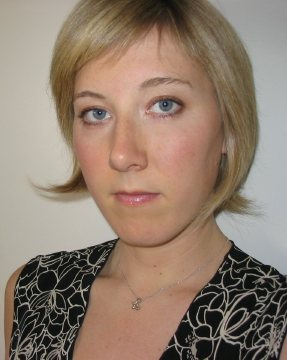I can feel a controversy brewing.
Joan Wolf, an American academic, examines the medical studies on breastfeeding in painstaking detail in her forthcoming book.
Her conclusion?
“The evidence to date suggests it probably doesn’t make much difference if you breastfeed.”
And the many of the world's leading experts agree. While breastfeeding is beneficial for babies, some of its benefits have apparently been 'oversold' to new mothers. Wolf, herself a mother and one that did breastfeed her babies, says she was shocked by the information that she found. One of the major problems she says is that it is very hard to separate the benefits of the mother’s milk from the benefits of the kind of mother who chooses to breastfeed. In the UK, for example, the highest class of women are 60 per cent more likely to breastfeed than the lowest, so it is not surprising that research shows that breastfed infants display all the health and educational benefits they were born into. In effect, breastfeeding studies could simply be showing what it’s like to grow up in a family that makes an effort to be healthy and responsible, as opposed to anything positive in breast milk.
Michael Kramer, professor of paediatrics at McGill University, Montreal agrees. He has advised the World Health Organisation, Unicef and the esteemed scientific body, the Cochrane Library, and been conducting research into the health effects of breastfeeding since 1978. “The public health breastfeeding promotion information is way out of date,” Kramer says. The trouble is, he said, that the breastfeeding lobby is at war with the formula milk industry, and “neither side is being very scientific ... when it becomes a crusade, people are not very rational.”
Thoughts?
Subscribe to:
Post Comments (Atom)




4 comments:
Whenever I see an argument like this, it reminds me of this article:
http://www.motherchronicle.com/watchyourlanguage.html
It's a strongly worded article, but it resonates with me. Especially about how mothers feel guilty about using formula, but how they should really feel angry that they didn't get the help they deserve.
And yes, it's difficult to pull apart bf'ing and SES, but part of the benefit of bf'ing is that it is NURSING - you are forced to interact with your child every 2 hours or so. If that is one of the differences in lower SES households, that'd be one gap closed, at least.
very very interesting..... did u read my post about this? http://omgip.blogspot.com/2009/06/breast-may-be-best-but-is-it-for-me.html - this is very controversial!
Very interesting point made by Jen: there are more benefits to breastfeeding than just the "physical"/"medical" ones. I always found it a profound bonding experience and feel sorry for the babies who don't get to be "that close" to their mums (obviously just about that one aspect -- I'm sure there are plenty of formula-fed babies who have an otherwise perfectly close and tender relationship with their mothers).
The health outcomes of the poorest breastfed children are better or no worse than those of the wealthiest bottlefed ones: Baby Friendly Initiative . That is a dramatic step in closing the health inequality gap. Any mother can choose to give their child the health advantages of the highest socio-economic group by getting the help they need to breastfeed.
Post a Comment